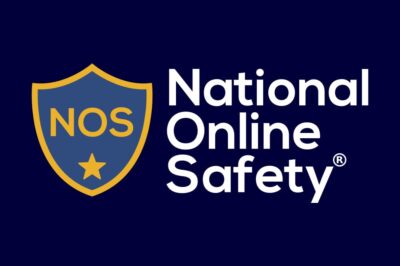
Please find the National Online Safety guide for ‘What Parents Need to Know about Loot Boxes‘ below.
Download: What Parents Need to Know about Loot Boxes [PDF]
More Information
Marketed as increasing a player’s enjoyment of a game, loot boxes are usually purchased or given as rewards. When opened, they unlock items for use in the game, such as better weapons or new characters to play as. Loot boxes feature in many games and are therefore available to various age groups. They’ve often been criticised for emulating gambling: the odds of unlocking certain items can be astronomical, while the money being spent is often high compared to the potential reward. It’s imperative that trusted adults understand the risks that loot boxes can pose.
In the guide, you’ll find tips on a number of potential risks such as addiction, scams and mounting costs.
